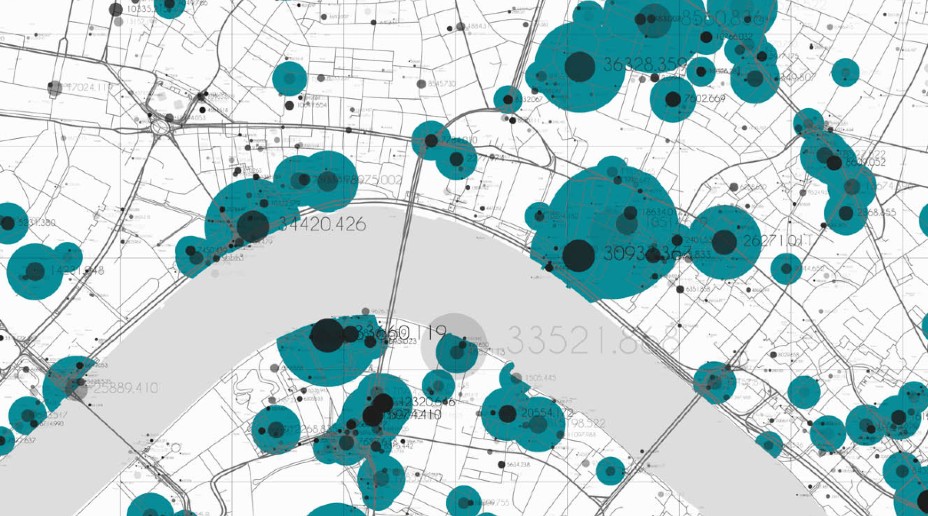Most modern forms of transport such as cars, trains and bicycles have remained fundamentally unchanged for decades, except for enhancements and modifications to allow us to travel further and faster. However, it seems we could now be on the cusp of a 'transportation transformation', with the Minister of State for the Department of Transportation predicting the fastest change in transport technology since the victiorian era.1 So what could the future of mobility look like and how might it affect the insurance industry?

By Gerry Ross, Head of Commercial Motor, Allianz
Influencing trends
A number of macro trends are shaping our travel habits, and the insurance industry by extension.
Technology
Technological advances in the automotive industry include electric cars, progress towards autonomous or 'self-driving cars' and connected cars. The last of these is revolutionising fleet management through the use of telematics to assess vehicle performance and driver behaviour. Naturally this presents risks in the form of hacking and cyber threats which insurers need to consider particularly as the market for connected vehicles continues to expand.
The potential for claims inflation is another insurance consideration, with increasingly complex technology and parts, plus the need for specialist repairs leading to higher repair costs.

Going 'green'
Another factor is the appetite for 'greener' options. With road transport contributing significantly to air pollution and city congestion, many commuters are keen to explore more environmentally-friendly options, from micromobility to electric cars and car sharing. This is coupled with the plan to tackle climate change through a ban on new petrol and diesel cars in the UK from 2030 which has prompted people to consider substitutes. Environmental concerns are also encouraging exploration of alternative fuels to power our vehicles, such as biogas and hydrogen.
Coronavirus (Covid-19)
The Covid-19 pandemic has affected our travel habits with the large-scale move to remote working and Government regulations regarding social distancing. The long-term impact of Covid on new working models is still being realised but some predict a more permanent trend of flexible and home-working, which would result in fewer commuters, a decline in rush-hour traffic and even a continued decline in car ownership in urban areas, with people looking instead to ride sharing schemes.
The insurance angle
The insurance industry is already adapting to changing trends in mobility, developing products and solutions to keep pace with evolving requirements. However, a number of significant questions remain around liability, infrastructure, legislation and education, which need to be clarified to enable the successful and widespread rollout of a number of these technologies. Insurers will be eager to push for clear communication to consumers on how they can and cannot use these technologies, to ensure they understand the potential risks and liabilities involved.
[1] Government Office for Science. A time of unprecedented change in the transport system. The Future of Mobility. January 2019











